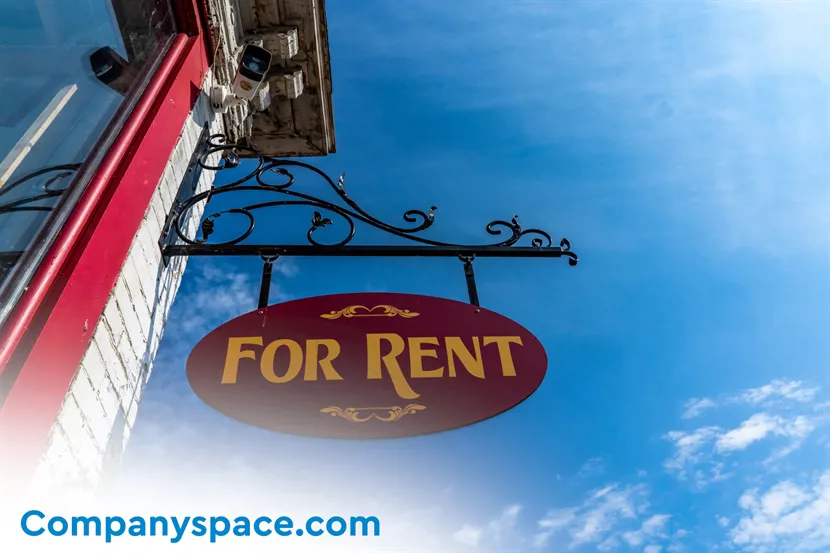Leasehold Estate

What is a Leasehold Estate in Real Estate?
A "Leasehold Estate" in the real estate domain signifies a distinct form of property ownership. Under this arrangement, tenants enter into lease agreements with landlords for specified durations. While tenants have the right to use and occupy the property during the lease term, the overarching ownership rights remain anchored with the landlord. This model is prevalent in both commercial and residential leasing scenarios.
How Does a Leasehold Estate Differ from Other Ownership Types?
Unlike a freehold estate, which grants absolute ownership and control over a property, a leasehold estate provides the tenant with a limited interest in the property. The lease agreement typically outlines the lease's duration, the rental amount, and the rights and responsibilities of both the tenant and the landlord.
Why are Leasehold Estates Significant in the Real Estate Market?
Leasehold estates introduce a degree of flexibility that benefits both tenants and landlords. For tenants, it offers the opportunity to occupy properties for specific periods without the hefty financial commitment of an outright purchase. For landlords, it ensures a consistent stream of rental income while preserving their stake in the property's ownership.
Can You Illustrate with an Example?
Certainly! Let's consider a commercial setting. Imagine an entrepreneur aiming to launch a retail store in a prime location. However, due to financial constraints, they can't purchase the property outright. Instead, they opt for a long-term lease agreement with the property owner. This leasehold estate allows the entrepreneur to run their business for the agreed lease duration. Meanwhile, the landlord enjoys regular rental payments. This arrangement enables the business owner to establish their venture without significant initial costs, while the landlord retains ownership and benefits from the rental income.
Concluding Thoughts on Leasehold Estates
Leasehold estates play a crucial role in the real estate landscape, offering an alternative to traditional property ownership. Their inherent flexibility, coupled with financial benefits for both tenants and landlords, makes them a popular choice across various real estate sectors.






